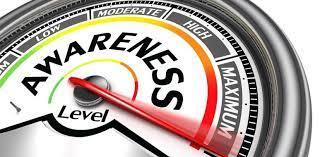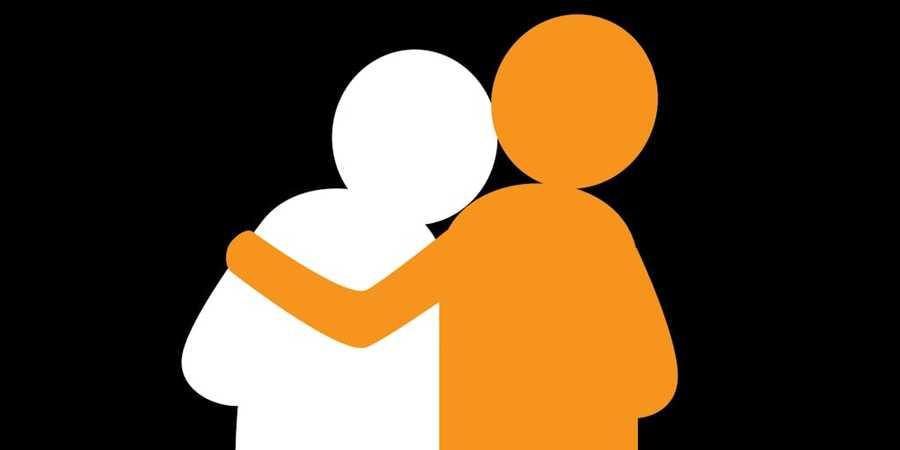Situational Usage
Empathy and sympathy each have their own set of circumstances where one might be the best emotional reaction over the other. Sometimes, you might want to try to relate to someone on their level—and if you've ever been in their position, that may even come naturally. Other times, you might not be able to relate to what they're going through, especially in situations where it might not be appropriate or possible, like losing a parent, for example.
23
357 reads
CURATED FROM
IDEAS CURATED BY
The Difference Between Empathy and Sympathy
“
The idea is part of this collection:
Learn more about communication with this collection
How to set clear objectives
How to follow up after a meeting
How to manage time effectively
Related collections
Similar ideas to Situational Usage
Depersonalize Others’ Actions
If you’re a sensitive striver, then your empathy levels are likely off the charts. That level of emotional depth can be both a gift and a burden.
On the one hand, you’re skilled at sensing others’ needs and probably have a strong pulse on morale. But on the flip side, you might take other ...
5 tips to make people laugh
Concentrating on a talk can be difficult, and humor is a fantastic way to engage your audience. The laugh overrides the defenses of others, and suddenly you find yourself with an opportunity to communicate with them
Tips from Tom Ri...
Types of empathy
There are different types of empathy that a person may experience:
- Affective empathy involves the ability to understand another person's emotions and respond appropriately. Such emotional understanding may lead to someone feeling concerned for another ...
Read & Learn
20x Faster
without
deepstash
with
deepstash
with
deepstash
Personalized microlearning
—
100+ Learning Journeys
—
Access to 200,000+ ideas
—
Access to the mobile app
—
Unlimited idea saving
—
—
Unlimited history
—
—
Unlimited listening to ideas
—
—
Downloading & offline access
—
—
Supercharge your mind with one idea per day
Enter your email and spend 1 minute every day to learn something new.
I agree to receive email updates



